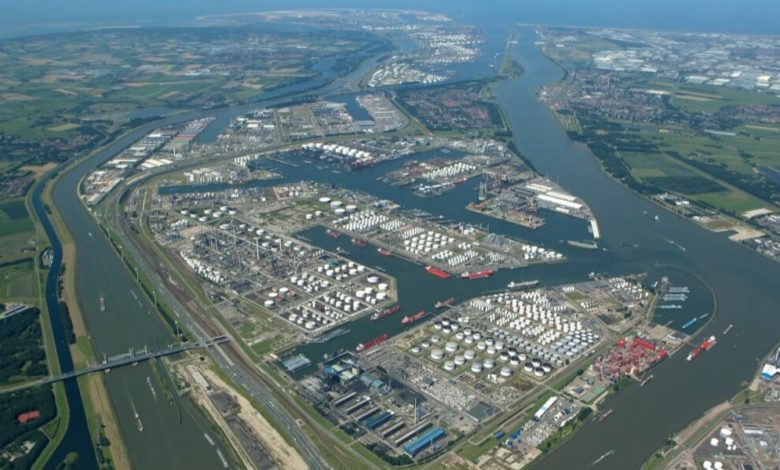Port of Rotterdam carbon cut above national average

The Port of Rotterdam has seen its carbon emissions fall some 13% below national avarage over the past four years.
Europe’s largest port has slashed its carbon emissions by no less than 27% between 2016 and 2020, compared to nationwide reduction of 14% in the same period.
Last year, Rotterdam achieved a 12% reduction in emissions, compared to 8% in the Netherlands as a whole. Companies in the Port of Rotterdam are currently responsible for 13.5% of the Netherlands’ total carbon emissions, down from 16% several years ago.
In 2020, Rotterdam’s power plants cut their carbon emissions by 1.9m tonnes due to a substantial (over 40%), countrywide increase in use of renewable energy sources, such as solar, wind and biomass. Same year, and for the first time in history, Rotterdam’s natural gas-fired power plants released more carbon into the atmosphere than their coal-fired counterparts.
Rotterdam’s industrial sector has also marked a drop in carbon emissions by 1.1m tonnes as a result of reduced demand for oil and chemical products.
In 1990, the Port of Rotterdam released over 20m tonnes of CO2 into the atmosphere, with numbers increasing to over 30m tonnes by 2016. However, by 2020, emissions were close to the total volume recorded 30 years ago, while at the same time the port area increased with 20% and the annual throughput with some 50%.
